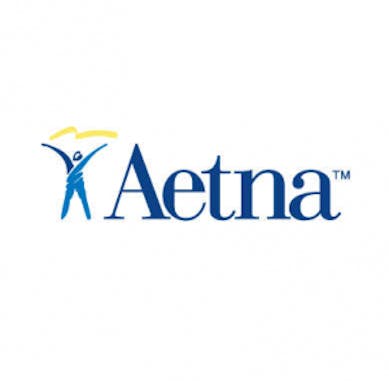
At first, it appeared that the millions of Americans who’ve used health savings accounts to cut their insurance premiums and take more responsibility for their health care costs would be among the losing camp. Yet according to the leader of an advocacy group favoring HSAs, these tax-favored accounts may have gotten a new lease on life from recent regulations clarifying certain aspects of the Affordable Care Act.
What’s a health savings account?
Celebrating their 10th anniversary this year, health savings accounts were designed as a way for individuals to cut their overall health care costs by setting aside money in special tax-advantaged accounts specifically for medical expenses. HSAs were designed for use alongside special insurance policies called high-deductible health plans.
HDHPs work just as their name suggests. Most health insurance plans have extremely low copays that kick in almost immediately, meaning that from the first dollar, your insurance coverage picks up a portion of your medical costs. But as many people who have auto or homeowners insurance already know, if you voluntarily accept higher deductibles — meaning that you agree to pay up to a certain amount every year out of your own pocket before making claims against your insurance company — then UnitedHealth Group Inc. (NYSE:UNH), Aetna Inc. (NYSE:AET), and other health-insurance carriers will offer you much lower monthly premium payments — because those companies retain much less risk from those policies than they do with traditional health coverage. For 2013, the required deductibles are $1,250 for individuals or $2,500 for family coverage.
Once you have an HDHP, you’re then eligible to sign up for an HSA. The accounts let you contribute as much as $3,250 for 2013 for individual coverage or $6,450 for family coverage. Best of all, you get a huge tax break from the accounts, as the contributions are tax-deductible, the income within an HSA is tax-deferred, and distributions are tax-free as long as they’re used for qualified health-care expenses.
HSAs resuscitated?
When Obamacare passed, many analysts believed that it spelled the end of HSAs. In Massachusetts, where Romneycare had already existed for years, regulations had defined the minimum acceptable coverage limits in such a way as to leave HSAs as a possible option, albeit at costs that didn’t provide all that much savings compared to more conventional insurance plans. Yet the fear was that regulations under the Affordable Care Act would force insurance exchanges to adopt minimum benefits that wouldn’t qualify as a high-deductible plan, making HSAs no longer available.
Last week, however, HSA Coalition President Dan Perrin wrote an article arguing that Department of Health and Human Services regulations will allow plans that qualify as HSAs to be part of insurance exchanges. As Perrin notes, the regulations validate decisions from Wells Fargo & Company (NYSE:WFC), General Electric Company (NYSE:GE), and other major employers to cut health-insurance costs by offering HSAs to their workers.
Should you use an HSA?
The trade-off that everyone needs to consider with HSAs and HDHPs is where the break-even point is between a regular policy and a high-deductible policy. For most people, annual savings from lower premiums will make up part but not all of the additional cost of having to cover the initial deductible yourself. If you tend to be healthy and don’t expect to incur major medical expenses, then the HSA is a huge winner. And with catastrophic coverage kicking in once you hit annual out-of-pocket limits, high-deductible plans won’t leave you entirely uncovered.
Obviously, it’s impossible to know up front whether you’ll be better or worse off with a high-deductible arrangement. But the value of an HSA — which you can keep for health expenses and invest in throughout your lifetime without fear of forfeiting your contributions — is definitely something to consider in your overall financial planning.
The article Is This Health Care Tax Saver Back? originally appeared on Fool.com and is written by Dan Caplinger.
Fool contributor Dan Caplinger owns warrants on Wells Fargo. You can follow him on Twitter @DanCaplinger. The Motley Fool recommends UnitedHealth Group (NYSE:UNH) and Wells Fargo. The Motley Fool owns shares of General Electric and Wells Fargo.
Copyright © 1995 – 2013 The Motley Fool, LLC. All rights reserved. The Motley Fool has a disclosure policy.




